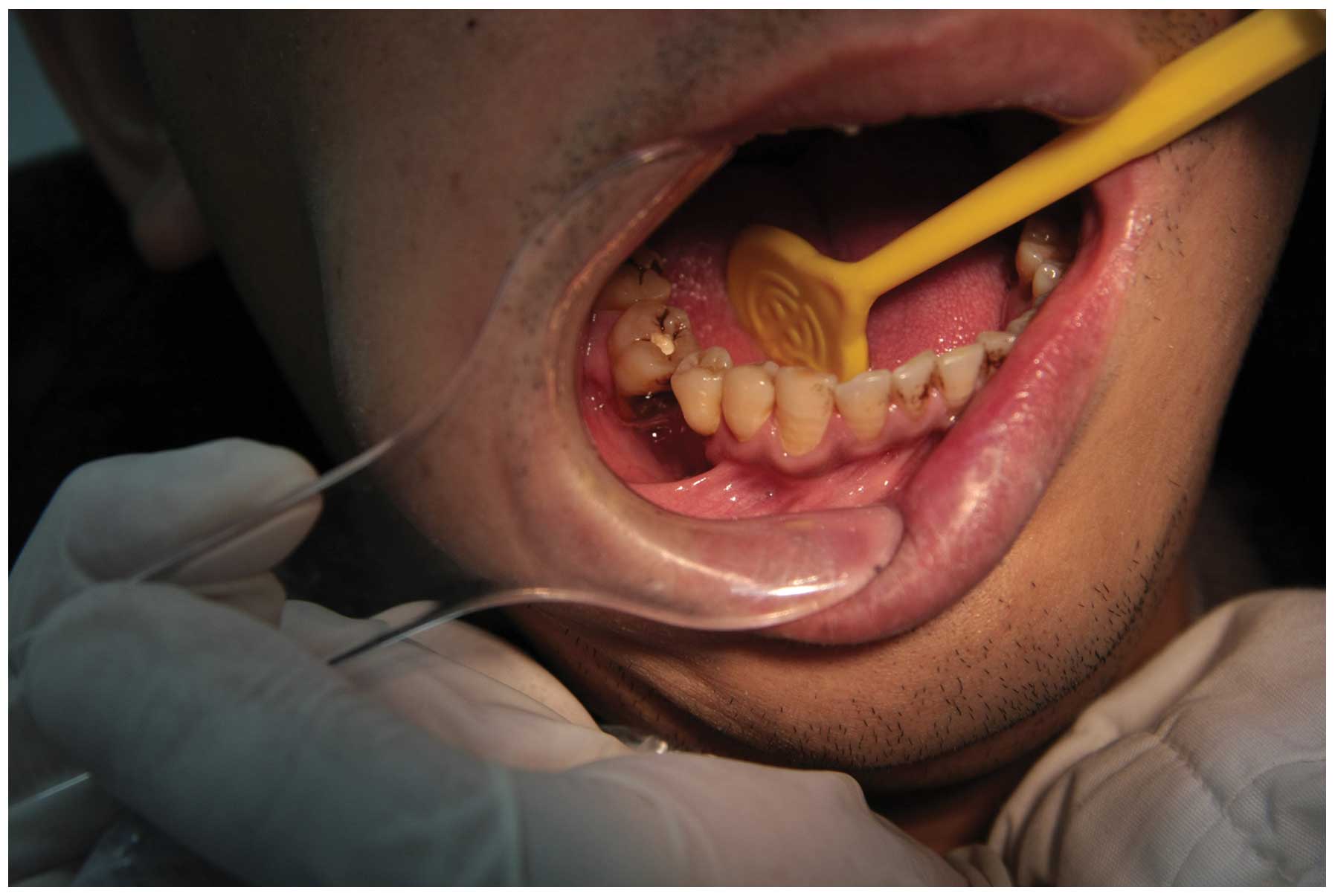

In trade, if you have untreated tooth decay, it can spread to the gums and bone, eating away the bone that holds the teeth in place. When cavities are filled, the composite can cause changes to your teeth and alter your bite slightly. The constant thrusting affects the position of your upper arch, which pushes it out of alignment. When you grind your teeth, you put tension on your upper teeth, forcing the lower jaw to push forward. Even patients born with straight teeth that have never had braces are at risk of their teeth eventually shifting out of line if they’re genetically predetermined to do so. Your genes dictate if your teeth will shift during your lifetime.

If your lower teeth experience an increase in wear and tear, they are less able to withstand the force of the top teeth when chewing or when you bite down, which leads to shifting. The lower teeth have less enamel than the top teeth, so the lowers tend to wear away faster. When our bodies age, the areas between our teeth begin to wear away because your enamel begins to thin out. The top causes of shifting teeth in adults are the following. If you can identify early on what is causing your teeth to shift, you can prevent the shifting from becoming worse. There are various reasons why your teeth may shift and change positions as an adult. Learn the most common reasons why your teeth may be moving as an adult and what type of treatments we recommend most to our adult orthodontic patients. Teeth can continue to move well into adulthood, which can leave you wondering what’s causing your teeth to move and what you can do about it. However, children aren’t the only ones susceptible to a shifting smile. Teeth shifting after braces is normal, but the shifting should be minor and you should still be able to comfortably wear your retainer.We expect a child’s teeth to be constantly moving and shifting due to losing baby teeth and adult teeth taking their place. Keeping your teeth beautiful and straight after the braces come off is easy when you follow your orthodontist’s instructions. Your teeth will naturally settle with the help of your retainer, but always be sure to look out for abnormal shifting or problems with your retainer. Your orthodontist can help you figure out what’s going on and correct the problem.

If you’ve having major shifting after your braces come off, this isn’t normal and is a cause for concern. If for any reason your retainer doesn’t fit well or feel right, talk to your orthodontist about getting an adjustment. Your orthodontist should check that it fits well before you leave the office with your new smile.

Your retainer should be comfortable and fit your mouth appropriately. At this point, you’ll need to go back to your orthodontist to see if he or she can fit your mouth with another retainer or if you need additional treatment. If you neglect to wear your retainer even for a few nights-especially soon after your braces come off-your teeth could shift to the point that the retainer no longer fits. This is because teeth can shift naturally over time, and you’ll need your retainer as a gentle reminded to tell your teeth where they belong. Your orthodontist may have informed you that you’ll need to wear your retainer every night for the rest of your life. The retainer will help keep your teeth in place to prevent any abnormal shifting. The retainer is a crucial part of your treatment, and perhaps the most important-it will keep your newly adjusted smile looking just as it did when the braces were on. Your retainer was specially fitted for your unique mouth. This will prevent too much shifting and keep the teeth in their correct positions while the settling process is happening. During this time, it’s absolutely essential that you wear your retainer. Your teeth will be settling into their positions now that the braces are gone, and this is just what should happen. Your teeth have been held firmly into place by the braces for some time now, so the removal of these sturdy brackets and wires will lead to a bit of shifting. Shifting is a normal part of the process when you get your braces removed. Will your teeth shift after braces? Here’s how you can know what’s normal and what’s not. Your orthodontist may have talked to you already about wearing a retainer to keep your teeth straight. It’s important to be prepared for what will happen once your treatment is complete and the braces are off. This corrective work will restore your natural bite, correct any crooked or crowded teeth, and leave you with a gorgeous smile that you can be proud of for life. Getting orthodontic work done is one of the best things you can do for your smile.


 0 kommentar(er)
0 kommentar(er)
